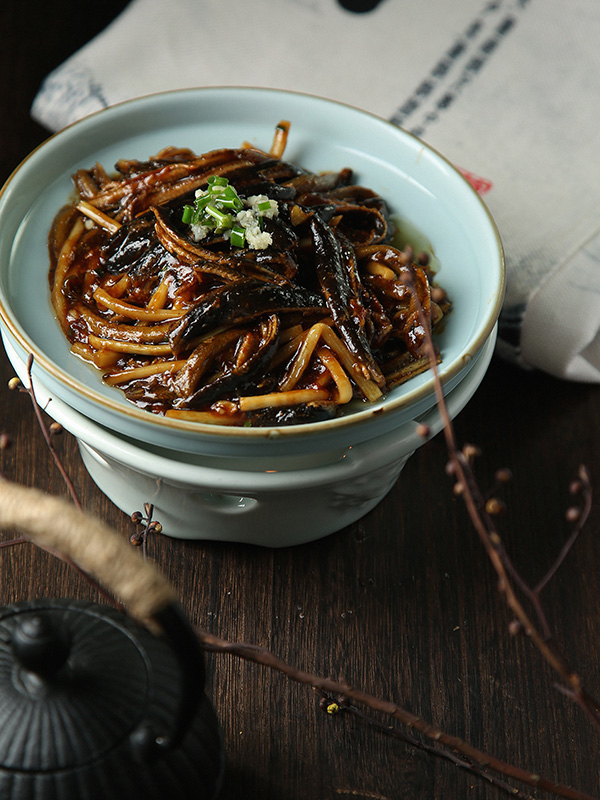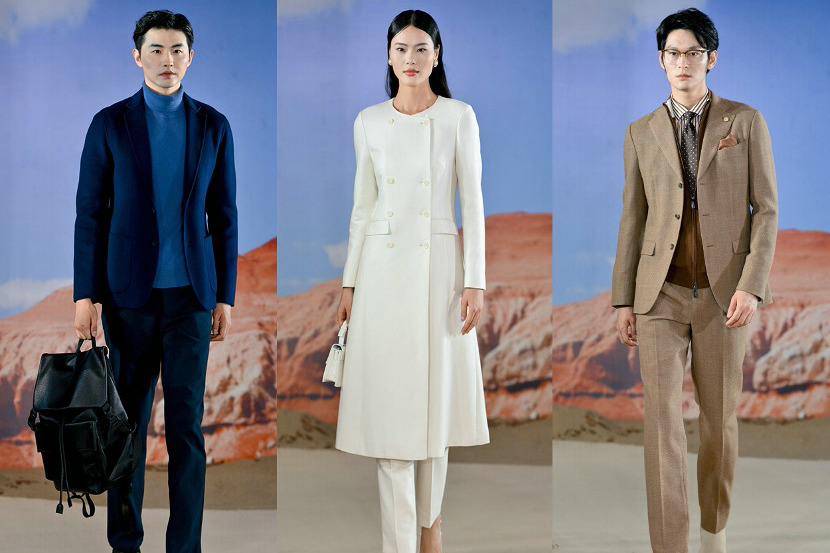Bringing su cuisine to Beijing


Zhan invites chefs from all four places to present their best so that diners can sample a broad swath of su cuisine in one meal.
In the restaurant's name, Subangyuan, subang means su cuisine and yuan comes from the name of ancient poet, scholar, artist and gastronome Yuan Mei (1716-97), Zhan explains.
English food writer Fuchsia Dunlop describes Yuan as China's answer to famous French epicure Jean Anthelme Brillat-Savarin. Yuan is hailed as one of China's four classical gastronomes by English diplomat, sinologist and historian of China Endymion Wilkinson in his book, Chinese History: A Manual.
Yuan passed the highest imperial exams at age 23 and served as magistrate in four places in Jiangsu. The native of Zhejiang province's Hangzhou resigned from his job in 1748 and bought Suiyuan Garden, or the Garden of Contentment, in Nanjing. He spent his retirement there, meeting friends, eating delicacies and writing poems.
He spent 44 years learning about ingredients and wrote the book, Suiyuan Shidan (Recipes from the Garden of Contentment), which includes recipes of over 300 dishes.
Yuan wrote: "Whenever I've eaten well and have been inspired by a meal I've enjoyed at someone else's place, I'd later send my chef to them to write down the recipes and techniques."
Zhan says he hopes Subangyuan can absorb the spirit of Suiyuan Shidan.
"Yuan lived in Jiangsu for most of his life and also traveled extensively. So, most recipes in his book belong to su cuisine," Zhan says.




































